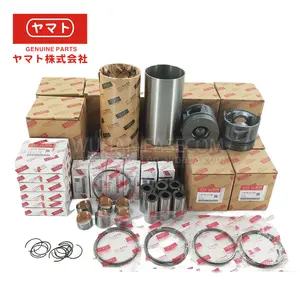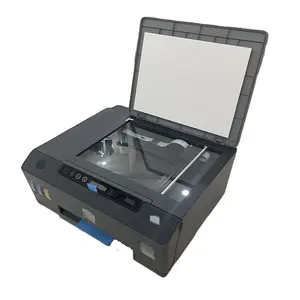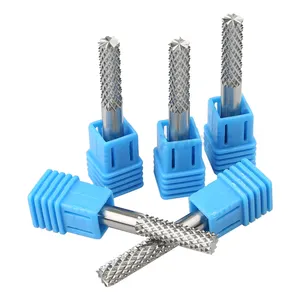Popular in your industry













































Related Searches:


























































































































Top categories
About pcb board milling machine
PCB board milling machines are equipment used in the manufacturing industry to create circuit boards. They incorporate specialized processes that remove material from a blank board to form conductive pathways. These pathways are essential for the proper functioning of electronic devices, as they facilitate the flow of electrical signals between components. A PCB milling machine automates the production of circuit boards by precisely milling away unwanted copper and substrate material, following a digital design or layout. This method offers accuracy, flexibility, and cost-efficiency compared to traditional etching methods. The circuit board milling machine is a fundamental part of the electronics manufacturing industry, supporting the production of various devices, from consumer electronics to industrial equipment and beyond.
Advantages of PCB board milling machines
The advantages of PCB board milling machines lie in their ability to create precise and customized circuit boards. These machines offer high levels of accuracy in milling conductive pathways, ensuring that the final boards meet the exact specifications of the design. When producing intricate and complex circuit designs, the printed circuit board milling machine is the ideal choice. Additionally, the flexibility of PCB milling machines allows for rapid prototyping and design iteration. Engineers and designers can quickly test and refine their designs by producing small batches of custom circuit boards in-house, reducing time-to-market and overall development costs. This adaptability is particularly valuable in industries with fast-paced technological advancements, such as the consumer electronics sector.
Types of PCB board milling machines
PCB board milling machines come in various types, each tailored to specific manufacturing needs. One common classification is based on the level of automation. Some machines, such as the CNC PCB milling, are fully automated, meaning they can perform milling operations without constant operator intervention. This automation enhances efficiency and consistency in large-scale production. Apart from the fully automated options, users can find semi-automated machines that require some manual input but still incorporate automated features for precise milling. These machines strike a balance between automation and operator control, offering flexibility and accuracy. Moreover, manual PCB milling machines, while less common in industrial settings, provide a hands-on approach to milling. They are often used in educational institutions and small-scale operations, allowing users to have direct control over the milling process.
Applications of PCB board milling machines
The PCB CNC milling machine is vital in the electronics and technology sectors, supporting the production of a wide range of devices. These machines are extensively used in the development and manufacturing of consumer electronics, including smartphones, tablets, and computers. The ability to create intricate and compact circuit designs is essential in meeting the demands for smaller and more powerful electronic devices. In the automotive industry, PCB board milling machines are crucial for the integration of advanced electronic systems in modern vehicles. These systems, such as advanced driver-assistance systems (ADAS) and in-car entertainment, rely on meticulously crafted circuit boards for seamless operation. Furthermore, in the aerospace and defense sectors, PCB milling machines play a critical role in producing robust and reliable circuit boards for avionics, communication systems, and military applications, ensuring the safety and performance of complex equipment. The applications of PCB board milling machines extend to the medical field, where they are used in the creation of precise and compact circuitry for medical devices, diagnostic equipment, and implantable devices. This technology contributes to advancements in healthcare by supporting the development of innovative medical solutions.





















































































